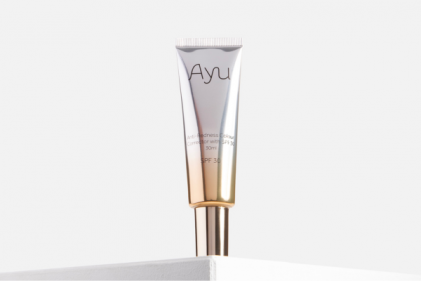
Your child’s teeth are very important. Caring for them is also important to prevent tooth decay, which can result in tooth loss, pain and infections. Early childhood caries was formally referred to as baby bottle tooth decay, and is one of the most common chronic infectious disease in children. Streptococcus mutans are bacterium commonly found in the oral cavity and are a well-known contributor in tooth decay. Streptococcus mutans are generally, not always transmitted from mother/caregiver to child.
Transmission can occur in a number of different ways, through children sharing utensils, cups and toothbrushes with their mother/caregivers. Mothers/caregivers should not place soothers or artificial nipples on bottles in their own mouth before placing it in their baby’s mouth. Once inside a child’s mouth, strep mutans bacteria quickly multiples and begins to contribute to tooth decay. Tooth decay can also develop when a child is exposed to any liquid or food other than water for long periods or frequently throughout the day.
Breastfeeding presents a number of protective factors against tooth decay and strep mutans:
-
Breast milk is normally transferred from the nipple into the back of the mouth and does not spend much time in the mouth.
-
Breast milk contains Lactoferrin, which has been shown to kill strep mutans.
-
Breast milk has a large number of health benefits to the child’s overall health. It is rich in calcium for teeth development and formation.
-
Human milk to species specific – milk from other animals is designed for that specific animal’s young.

Factors which may cause tooth decay in children:
-
Sugary diet and drinks: Long or frequent exposure to these drinks and foods can cause tooth decay. More frequent exposure to sugars in food and drinks makes it more likely that children will develop tooth decay.
-
Poor oral hygiene for babies/ children or their parents/ caregivers: The American Academy of Paediatric Dentistry would recommend daily cleaning of a baby’s mouth and gums with a soft cloth or infant toothbrush before any teeth erupt. Clean teeth at least twice a day with a toothbrush designed for small children when teeth start to erupt.
-
Parent’s oral hygiene is also important to protect against transmitting strep mutans to their child. Oral hygiene is also important while pregnant, to protect against strep mutans passing to the unborn child.
-
Mouth breathing significantly dries teeth out, thereby increasing the incidents of tooth decay. This can be during times of nasal congestion, colds or soother usage.
-
During the night when a child is sleeping, there is less saliva produced, and protective effect is less than when the child is active.
-
Using juices or bottles of milk at night time can cause an accumulation of liquid in the child/ babies mouth for a long period, and this can cause tooth decay. If a child requires a drink at night time, water is suggested as an appropriate drink to give in a drinking cup.
-
It is recommended that babies use drinking cups instead of bottles from four months of age and discontinue soother use as early as possible to protect against tooth decay.
Breastfeeding at night time is normal – babies may wake regularly to breastfeed at night. Toddlers and children may not wake at night to breastfeed, or may wake less frequently to breastfeed at night time. Research studies have concluded that there is no right time to discontinue breastfeeding, and mothers should continue breastfeeding for as long as they wish. There is an increasing body of knowledge concluding that breast milk does not increase the risk of tooth decay in children. Studies have concluded that prolonged demand for breastfeeding does not lead to a higher prevalence of tooth decay.
If you have any concerns regarding breastfeeding, please contact a Lactation Consultant (IBCLC) or a health care professional.













